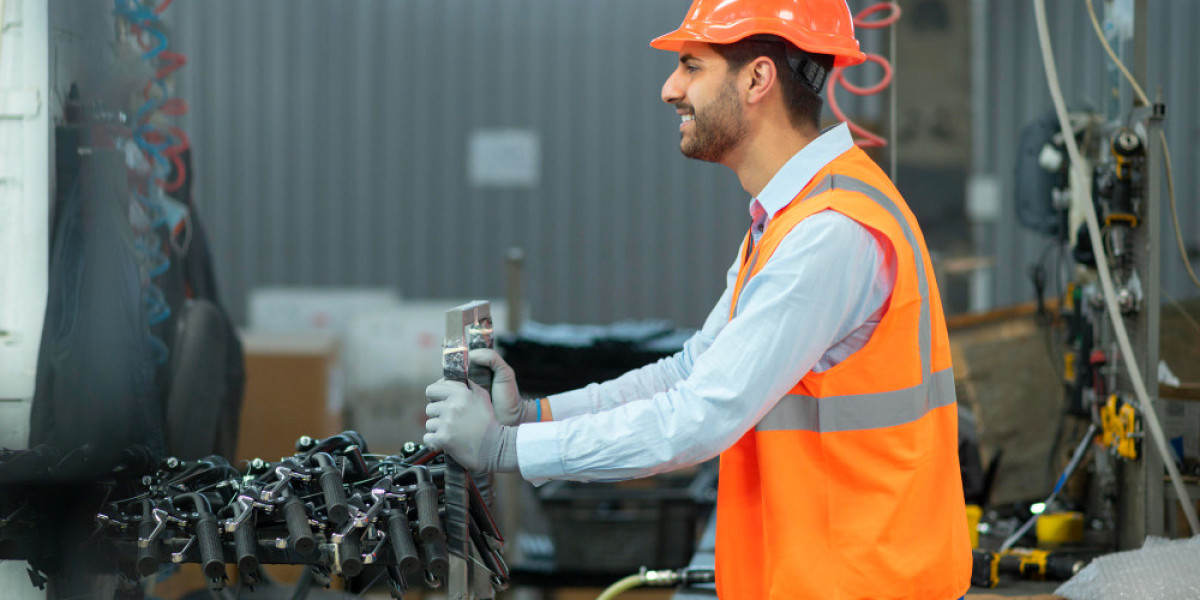Transmission is an essential vehicle component that transfers power from the engine to the wheels. When a transmission fails, it can be a costly and time-consuming repair that can leave you without a vehicle for days or weeks. Fortunately, you can take steps to prevent transmission failures and extend the life of your vehicle’s transmission. But which factors should people consider in preventing transmission failures? Here are some ideas.
1. Transmission Fluid Level
Ensuring adequate transmission fluid levels is one of the most critical factors in preventing transmission failures. Transmission fluid is essential for lubricating the gears and other components in your transmission, and low levels can cause excessive wear and tear and overheating. It is necessary to check your transmission fluid level regularly to avoid transmission failures and top it off as needed. Follow the manufacturer’s recommendations for your vehicle’s specific transmission fluid type.
2. Transmission Filter
Another critical component in preventing transmission failures is the transmission filter. The transmission filter is responsible for removing contaminants from the transmission fluid to keep it clean and debris-free. When the transmission fluid is dirty, it can cause the transmission to overheat, leading to premature wear and tear on the system.
Over time, the filter can become clogged, reducing the flow of transmission fluid and causing damage to the transmission. It is essential to have your transmission filter replaced regularly to avoid transmission failures. Your vehicle’s owner’s manual should have recommended intervals for filter replacement.
3. Torque Converter
The torque converter is a critical component of your vehicle’s transmission system, which transfers power from the engine to the transmission. A malfunctioning torque converter can cause transmission slippage, overheating, and other issues leading to transmission failure.
It is essential to have your torque converter inspected regularly and replaced if necessary. Signs of a malfunctioning torque converter may include shuddering or slipping when shifting gears. In some cases, you may also notice a buzzing or humming noise coming from your transmission.
4. Solenoid
The solenoid is an electrical component of your vehicle’s transmission system, responsible for regulating the flow of transmission fluid. A malfunctioning solenoid can cause issues with shifting gears and lead to transmission failure. It is essential to have your solenoid inspected regularly and replaced if necessary.
Signs of a malfunctioning solenoid may include delayed or erratic shifting or difficulty getting into gear. The transmission system may hesitate before shifting into the next gear or turning too early. It can cause the vehicle to jerk or lurch, making it difficult to maintain control of the car.
5. Regular Maintenance
Regular maintenance is perhaps the most critical factor in preventing transmission failures. Routine maintenance includes changing your transmission fluid and filter, having your torque converter and solenoid inspected, and promptly making necessary repairs.
Regular maintenance can help identify potential issues before they become significant problems and extend the life of your vehicle’s transmission. Follow your vehicle’s recommended maintenance schedule to ensure your transmission is correctly cared for.
Conclusion
Preventing transmission failures requires regular maintenance and attention to critical components such as the transmission fluid level, transmission filter, torque converter, and solenoid. Routine maintenance, including fluid changes and inspections, can help identify potential issues before they become significant problems and extend the life of your vehicle’s transmission. If you notice any signs of transmission trouble, such as slipping or delayed shifting, be sure to have your car inspected promptly to prevent further damage. These steps can help prevent transmission failures and keep your vehicle running smoothly for years.
Are you in need of reliable auto repair services in Torrance? Look no further than Torrance Transmission Service. We have provided high-quality clutch repair, emissions mechanic, and transmission repair services to the Greater South Bay since 1976. Contact us now to schedule an appointment for clutch repair, emissions mechanic, or any other auto repair services in Torrance.








